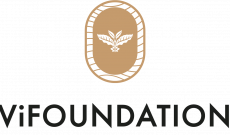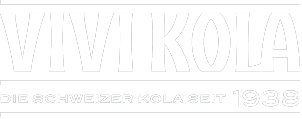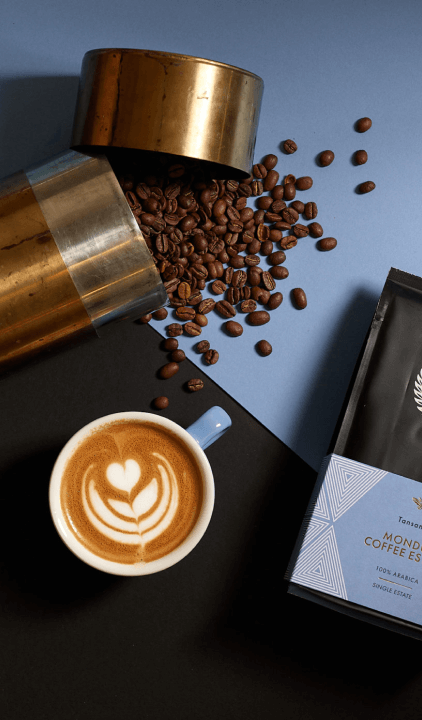impact
report 2022
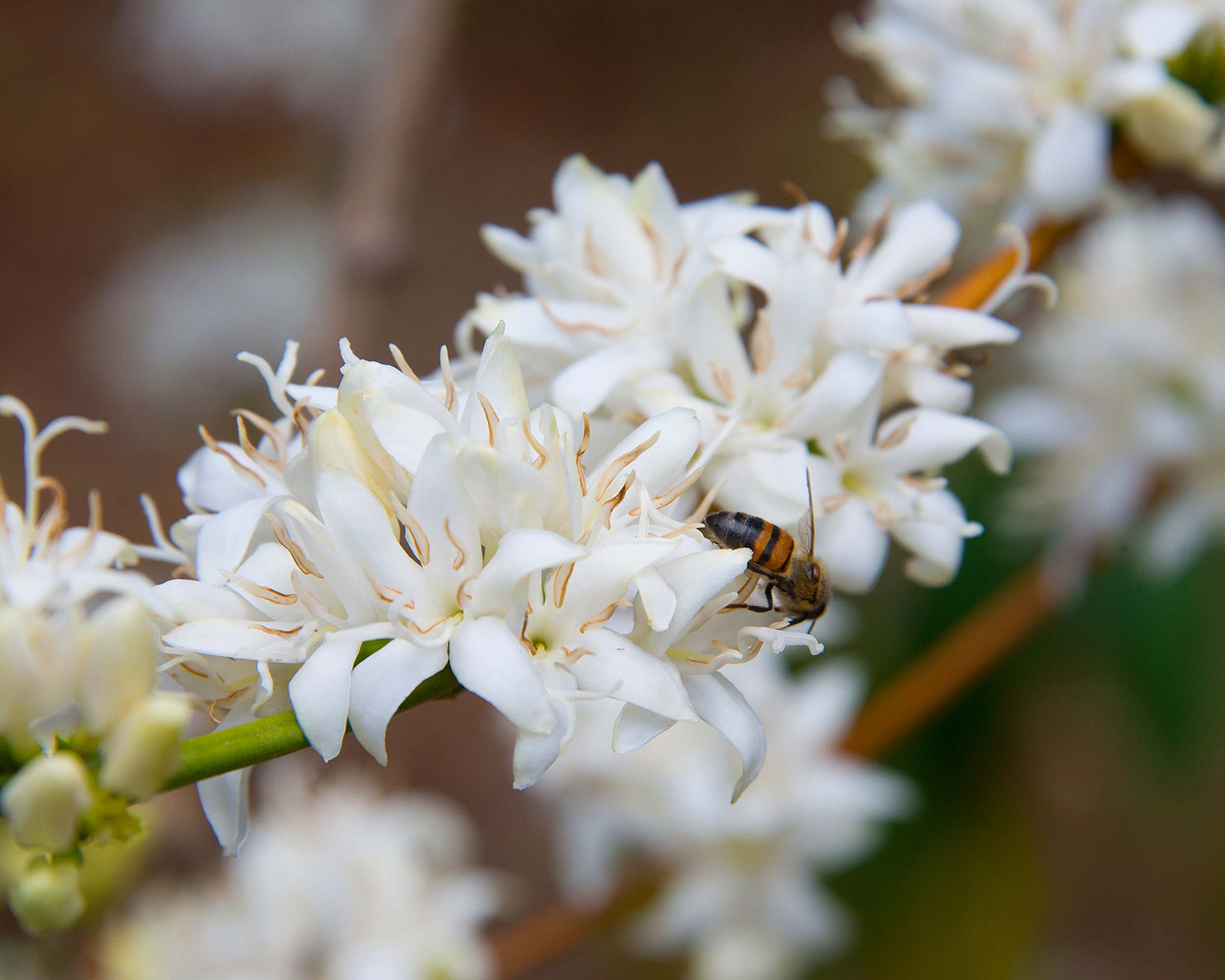
The highlights

It’s personal
We are working towards knowing all our coffee partners personally. Our goal is to have 100% transparent value chains.

We Care

LOCALLY SOURCED
We spend over 50% of our expenses with local (within 80km) suppliers.

We try out
ViCAFE FAMILY
01
In 2020, we started our first ever internal Trainee Programme.
Q How do you celebrate diversity?

From left to right: The two founders Christian Forrer & Kurt Lambert
Long-term Collaboration
with our
Coffee Partners
02
We welcome your questions about the different coffee farms.

We collaborate with 9
coffee partners.

50% of the farms are
family-owned.
Q
How do you buy the
coffee?
We personally know the coffee farmers who produce our coffee, and regularly visit their farms in Guatemala, Colombia, Brazil, Honduras, Tanzania, Kenya, Ethiopia, India and Indonesia. It’s very important to us to build personal relationships with them, because it allows us to better understand the concerns and challenges of the coffee farmers and, in turn, more closely connect the product to the producer. We firmly believe that this has a positive effect on the coffee’s quality, and you can find a post on the topic in our blog.
Q
Do you pay
fair prices?
ViCAFE pays prices that are above the average global coffee price. Above all, we pay stable prices so that farmers are less vulnerable to volatile price fluctuations. Thanks to our personal relationships with the coffee farmers, we know exactly how much money ends up on the farms.
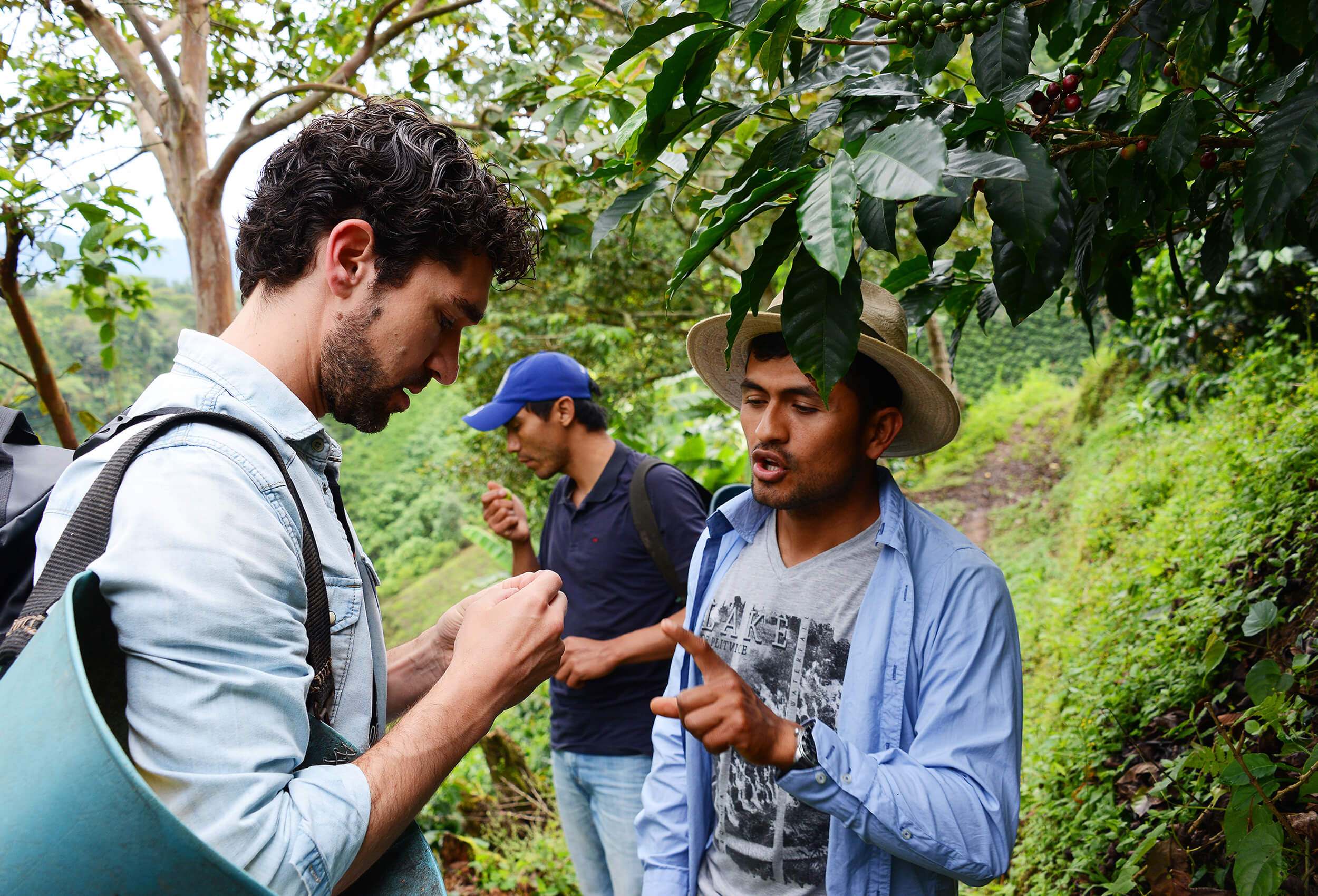
From left to right: ViCAFE General Manager Ramon Schalch & coffee farmer Oscar Hernandez
Energy
& Resources
03
Support the effort and bring your own reusable cup.
Minimising our carbon footprint and using energy
efficiently is a daily challenge. WE HAVE ALREADY TAKEN THE FIRST STEPS AND LOOK FORWARD TO THE MANY CHALLENGES THAT AWAIT US IN THIS AREA.

OUR ROASTING MACHINE, THE LORING KESTREL, USES UP TO 70% LESS ENERGY THAN CONVENTIONAL ROASTING MACHINES.

Around 7% of our customers bring their own reusable cups to receive a 0.50 franc discount.

SINCE 2021 WE ONLY USE 100% RECYCLABLE COFFEE BAGS.
Q Why do you use paper cups in the ViCAFE Espresso Bars?
We’re always looking for alternatives. Unfortunately, alternative systems are quite complex, both from an organisational and an ecological point of view (transport, cleaning). In the meantime, we recommend you bring your own reusable cup. Every time you stop by with a reusable cup, we will give you a discount of CHF 0.50.
Q Are your coffee bags recyclable?
Since summer 2021, we have been using a mono-material bag that is 100% recyclable. As a customer, you can bring your empty coffee bags to us in the espresso bars at all times and we will make sure that they end up in the cycle again.
HELPING TO GROW MORE SUSTAINABLE FARMING
04
The ViFOUNDATION drives positive and sustainable change on and around coffee farms and specifically promotes the development of progressive agricultural methods among coffee farmers. ViCAFE supports the ViFOUNDATION financially through donations and pro bono work.
REGENERATIVE AGRICULTURE IS A BACKBONE OF OUR COMPANY. TOGETHER WITH OUR PRODUCERS, WE ARE WORKING ON FUTURE-ORIENTED, RESOURCE-CONSERVING PROJECTS IN FOOD PRODUCTION. AT THE SAME TIME, WE WANT TO PASS ON TO OUR CUSTOMERS THE IMPORTANCE OF REGENERATIVE AGRICULTURE FOR THE PRESERVATION OF OUR HABITATS.
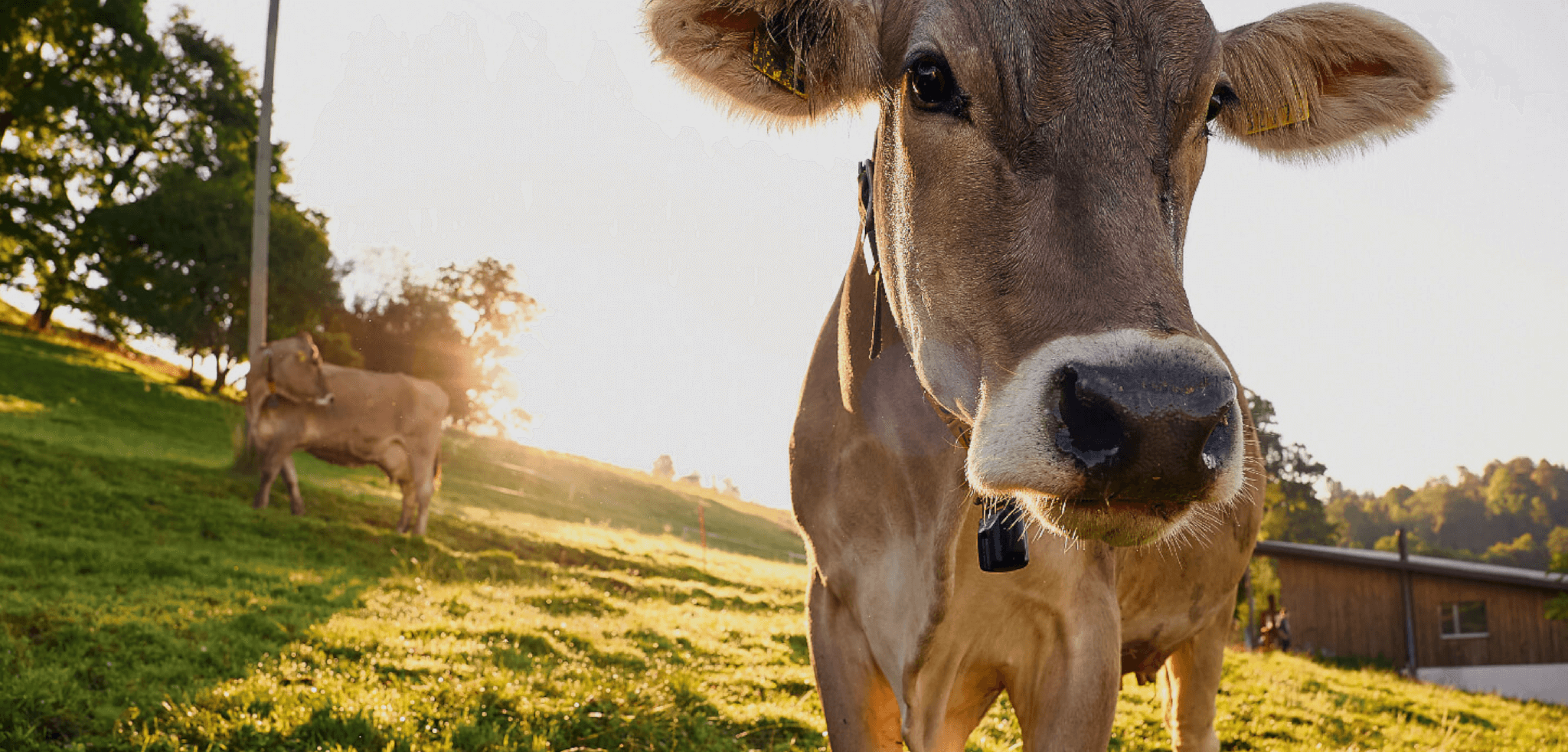
Our dairy farm: Birkenhof

20% of our coffee farmers are certified organic.

100% of our WHOLE milk is certified organic.

Every fourth Flat White is created from plant milk.
Q
Is your coffee
produced sustainably?
We deliberately avoid conventional certificates such as Rainforest Alliance (RFA), Fair Trade or UTZ. The personal, trusting relationship with the producers is in the foreground. In addition, the coffee must meet our quality standards and be grown in a socio-ecologically regenerative system. Only when everything is in place, we buy coffee from a farm. You can find more detailed information in our blog.
Q
Is your coffee
certified organic?
ViCAFE has been certified organic since 2018. At the moment, we sell two coffees with the organic label: Miju from Ethiopia and the coffee from the Aprolma Women’s Cooperative in Honduras. In order to keep costs low for the farmers, we do not use an organic label for our Orangutan coffee from Indonesia, even though the coffee is grown according to the strict Indonesian organic guidelines.
You might also like to read
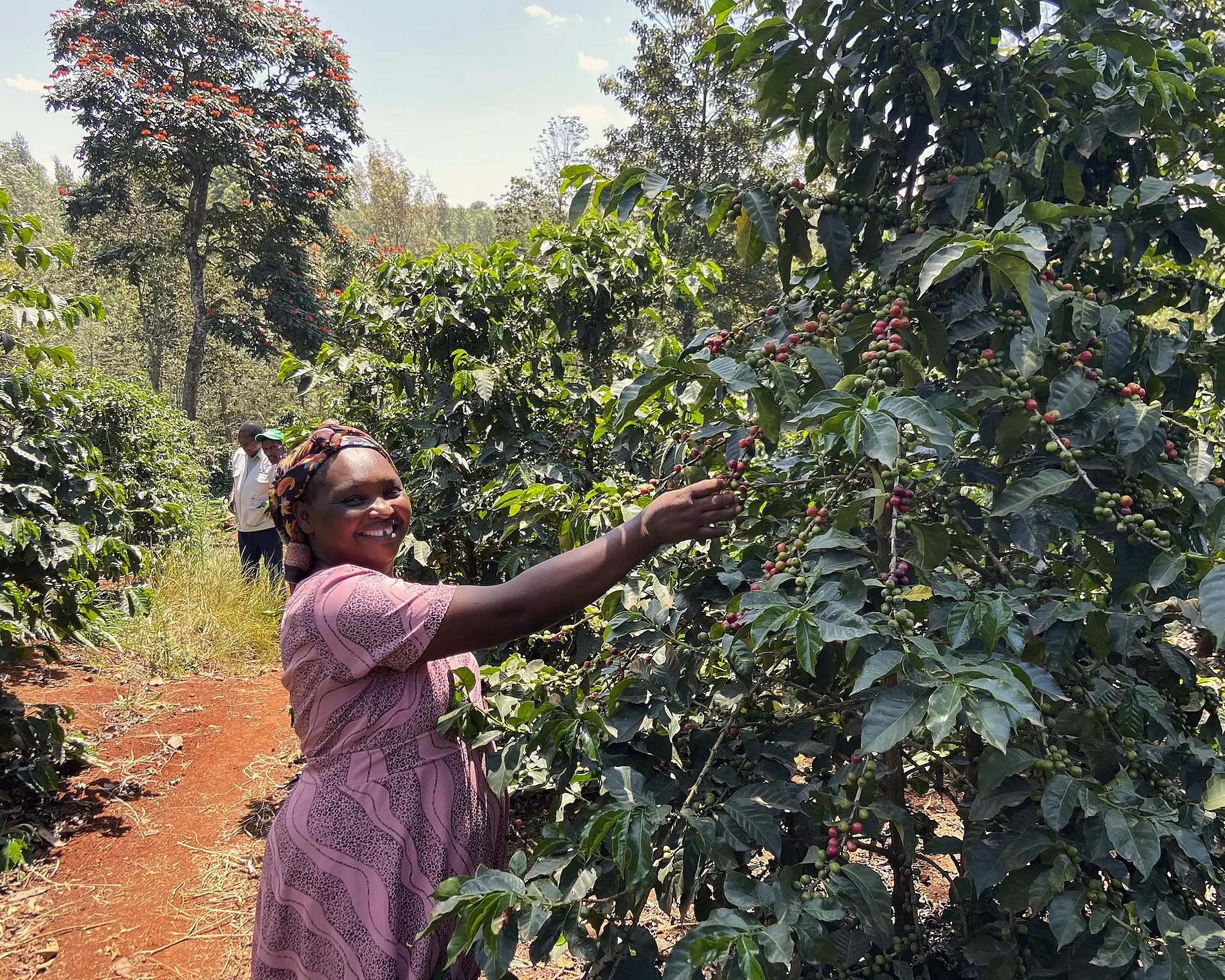
Protected: COFFEE, CONSERVATION & COMMUNITY: THE CIUMENENE WAY
There is no excerpt because this is a protected post.
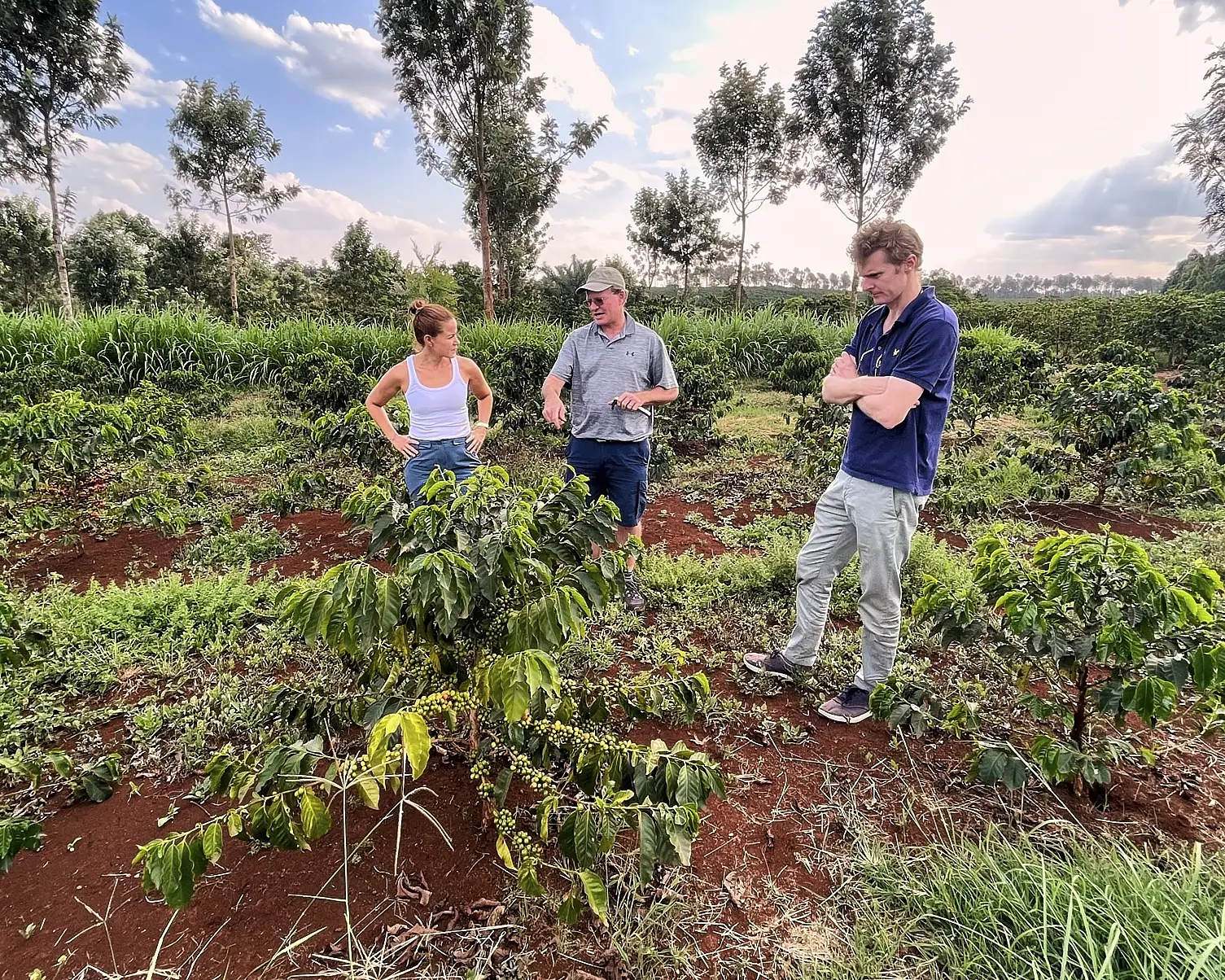
Protected: FROM LEGENDES TO COFFEE: THE STORY OF CHANIA & ORETI FARMS
There is no excerpt because this is a protected post.

THE JOY OF BEING A B CORP!
A few days ago, after almost three years of hard work, we became part of the global B Corp community. In addition to the sheer joy of being part of this progressive movement, we also hope to gain access to the most innovative and experienced minds when building a company that makes a positive difference.


